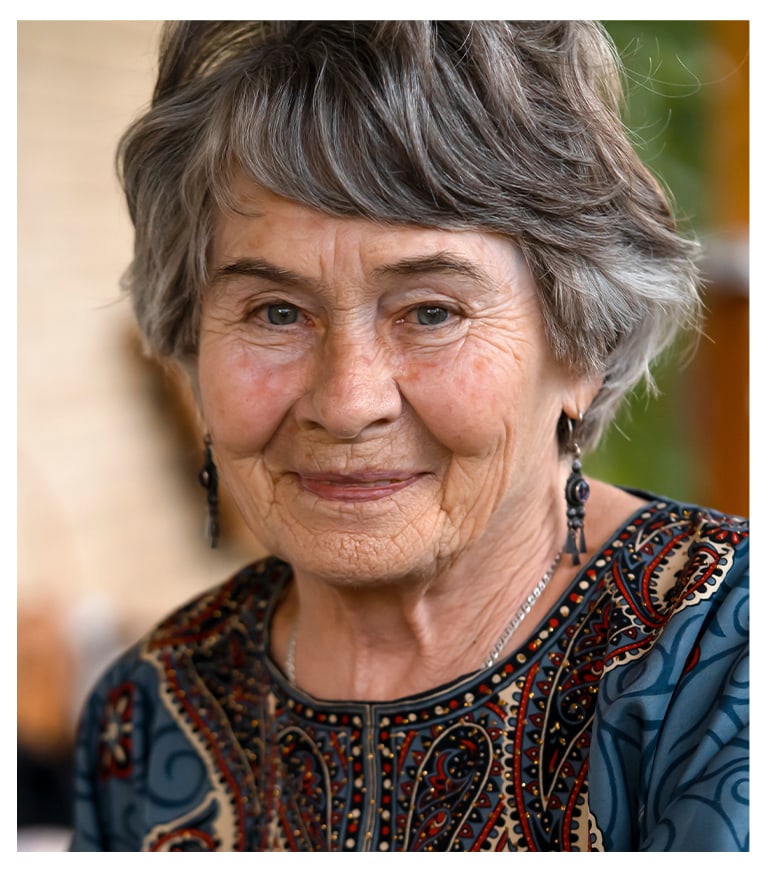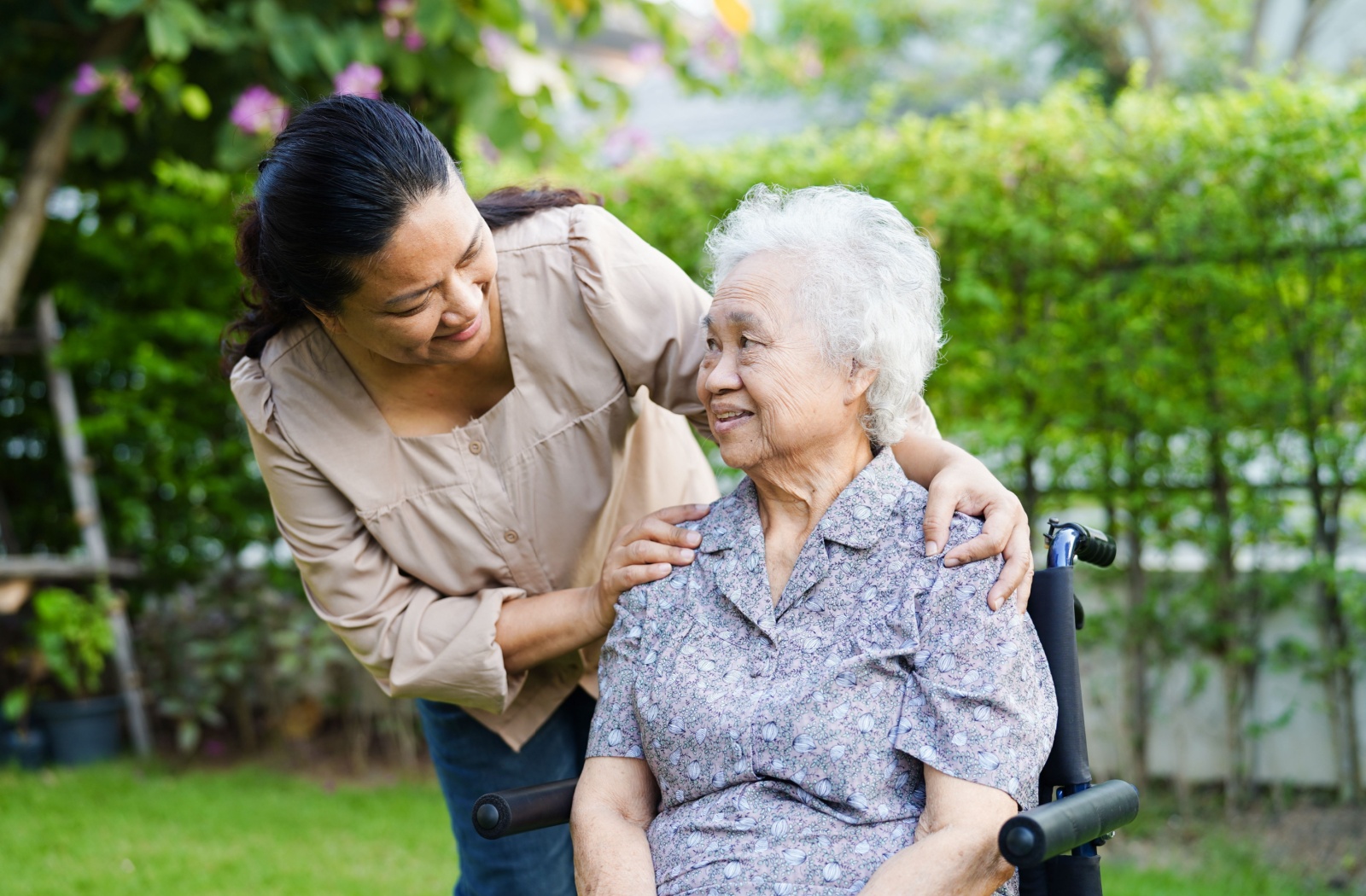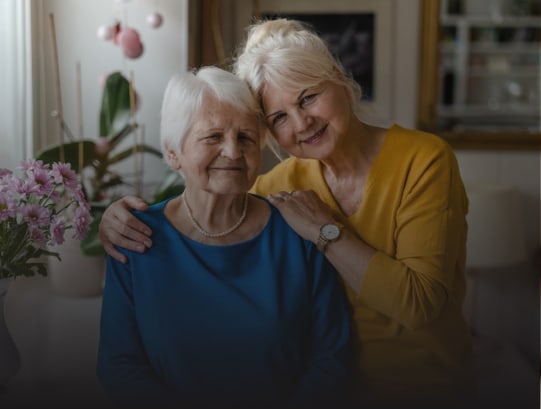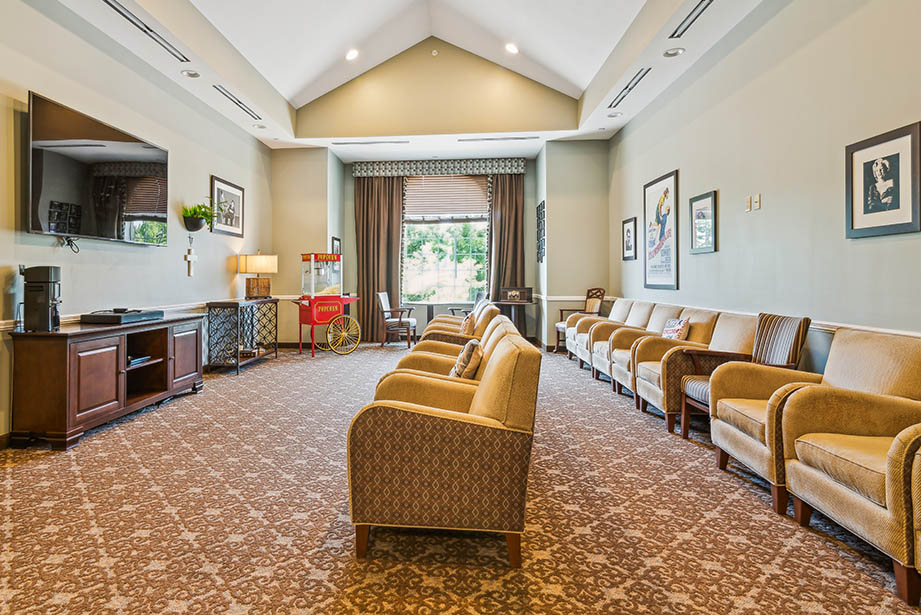Key Takeaways
- Caregiver guilt is a normal emotional response to the stress of supporting a loved one.
- Common triggers include feeling like you’re not doing enough, taking breaks, or needing outside help.
- Setting realistic boundaries and expectations can help reduce guilt and prevent burnout.
- Respite care allows caregivers to rest while their loved one receives professional support.
- Senior living offers 24/7 care, companionship, memory care, and more for residents and peace of mind for families.
Caregiver Guilt Is a Common, Human Response
Caring for an aging parent or spouse often brings unexpected emotions, and guilt ranks among the most challenging feelings you’ll face. You might question whether you’re doing enough, worry about decisions you’ve made, or feel torn between your loved one’s needs and your own limitations. That’s entirely normal, but it doesn’t have to be your reality.
Caregiver guilt is a normal response to the complex challenges of caring for someone you love. Fortunately, there are practical ways to manage these feelings while giving your loved one the care they need. With the right strategies and support system, you can step back from being a caregiver and focus on spending your time with your loved one.
What Is Caregiver Guilt?
Caring for an aging loved one can be rewarding, but it also brings constant demands. The stress of trying to balance caregiving, work, family, and self‑care can lead to burnout, exhaustion, and feelings of inadequacy. Caregiver guilt describes the emotional weight many people feel when they can’t meet every need or expectation while caring for someone close to them.
Even the most devoted caregivers reach moments where they question whether they’re doing enough. Recognizing these emotions as normal is the first step toward addressing them with compassion instead of judgment.
Why Caregiver Guilt Happens
Common reasons family caregivers feel guilty include:
- Feeling like you’re not doing enough
- Taking time away from caregiving for your own rest
- Feeling frustrated or impatient during stressful moments
- Comparing yourself to others or unrealistic expectations
Everyone experiences caregiving differently. Guilt doesn’t mean you’re failing—it’s a reminder that you care and need space to rest and recover, too.
How to Deal with Caregiver Guilt
You don’t have to be available 24/7 or handle every caregiving task perfectly. Setting boundaries around what you can realistically provide helps prevent burnout and reduces guilt.
Let Go of the Pressure to Do It All
No one can manage every responsibility alone. Trying to meet every need perfectly leads to exhaustion. Set realistic expectations and remind yourself that asking for help is a strength, not a weakness. Support from friends, professionals, or a senior living community can make caregiving sustainable again.
Prioritize Meaningful Time Together
When care tasks take up most of your energy, it’s easy to lose the personal connection that makes your relationship special. Focus on what matters most—conversation, laughter, shared memories. Let trained caregivers handle daily routines so you can spend more quality time together as a family, not just as caregiver and patient.
Use Respite Care to Recharge
Short‑term respite care gives caregivers time to rest, travel, or focus on personal health while ensuring their loved one receives attentive, professional support. It can also help families test how senior living might feel for the future. Taking a break doesn’t mean giving up—it means protecting your well‑being so you can continue to provide love and guidance.

How Senior Living Can Help When Caregiver Burnout Occurs
When caregiving begins to affect your health or your loved one’s well‑being, senior living can be a compassionate next step. These communities are designed to help both residents and their families thrive.
24/7 Professional Support
Trained team members provide around‑the‑clock assistance, so your loved one always receives consistent attention and care. This reliability allows families to rest knowing their loved one is supported—even when they can’t be there.
Social Opportunities and Companionship
Isolation can affect both caregivers and seniors. Senior living communities create opportunities for connection through group activities, shared meals, and hobbies that encourage friendships and a renewed sense of purpose.
Specialized Programs Like Memory Care
For loved ones with Alzheimer’s or dementia, memory care can be incredibly helpful. This lifestyle offers structured environments, routine, and cognitive engagement designed for safety and comfort. Families gain peace of mind knowing specialized care is available every day.
Family Involvement Without the Overload
Senior living doesn’t replace family. It supports it. You can remain closely involved while professionals handle the daily care. Families often find that their relationships improve once constant pressure is removed.
You’re Not Alone—Support Is Available
Caregiving can be rewarding, but it can’t be done alone. Recognizing your limits and seeking help are signs of dedication, not defeat. Your life and happiness matter, too. That’s why our team at The Enclave of Scarborough is happy to offer our services to give your loved one the care and support they need—and to give you the break you deserve.
In our community, we understand the challenges families face and are here to help. Our compassionate team, personalized care options, and welcoming environment are designed to support both residents and caregivers. Book a tour with us today, and let’s work together to take care of your loved one—and yourself—the right way.









